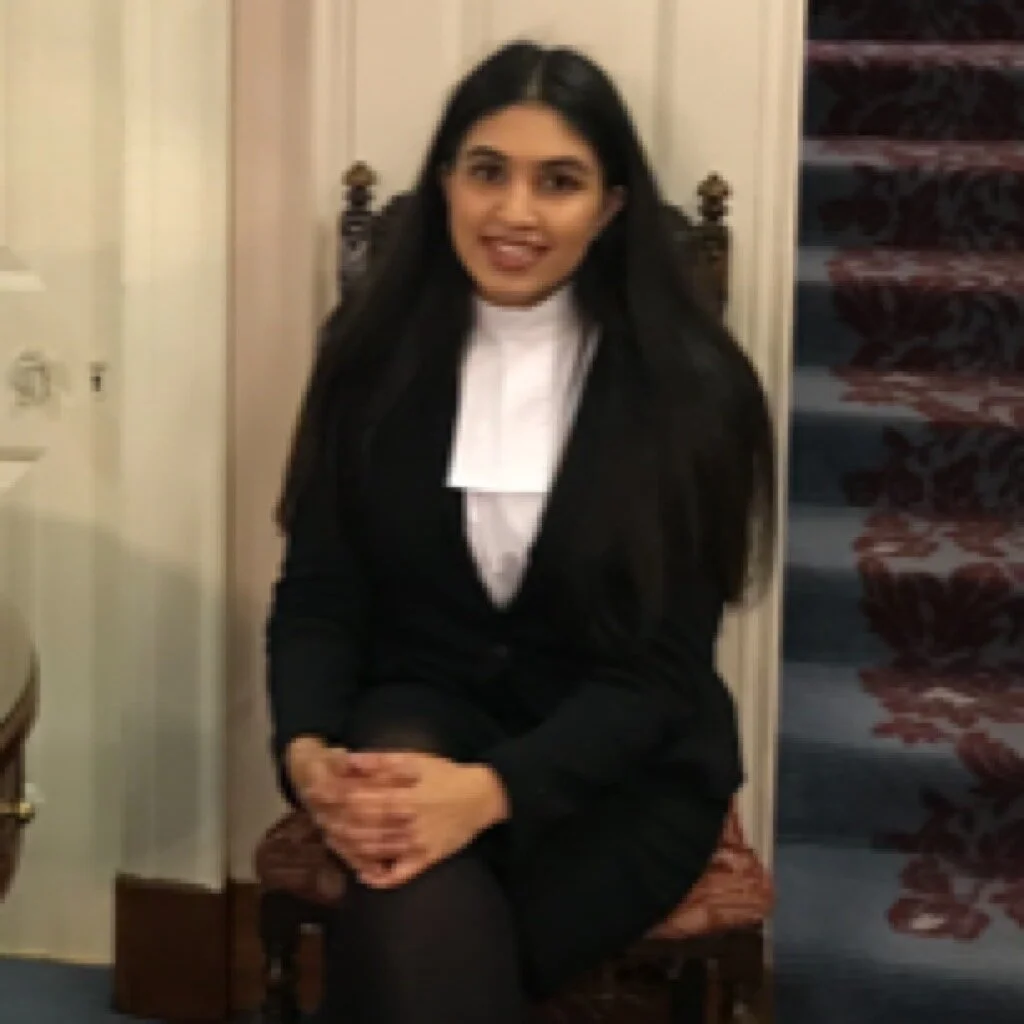The world is closed.
Quarantines and lockdowns are sweeping the world. India, Kenya, Italy, China, South Africa, New Zealand, and most recently the UK have implemented restrictive measures in an effort to keep the public safe and stop coronavirus spreading further. Mass restrictive measures that limit our ability to work, socialise, and even exercise are the new normal. Is the enforcement of these lockdown measures going too far and resulting in human rights breaches?
THE USE OF FORCE
On 27 March, Kenya enforced a dusk-to-dawn curfew as a part of measures aimed to slow the spread of coronavirus across the country where there are currently 122 cases. Many people on the ground were unaware of the curfew, having no access to a television or radio and relying on word of mouth to receive their information. The police descended at 7pm that evening time with tear gas, shot guns, canes, and rubber hoses to move people off the streets. More recently, a 13 year old boy was shot for being on his balcony after the curfew with other children.
Last week, a lockdown began in South Africa too. The military-enforced social distancing measures and movement restrictions are reminding some of the not so distant memories of the military enforced State of Emergency during apartheid. At least three people have died during the lockdown as a result of police action, hundreds others arrested, and some have been the victim of rubber bullets whilst they attempt to go to the supermarket.
INHUMANE AND DEGRADING TREATMENT
The world’s largest lockdown started in India on 24 March when Prime Minister Modi ordered 1.3 billion Indians to stay home. If individuals fail to comply, they are faced with police armed with batons who force them to do squats, push ups, or crawl around on the streets. Footage has emerged showing migrant worked being sprayed with disinfectant containing a bleaching agent before they enter their home state. Other migrants found themselves stranded as the lockdown limited their right and ability to move across the country and back to their homes. The UN High Commissioner of Human Rights has urged the Indian government to provide adequate food, shelter, and other supplies to those whose lives have been uprooted in the middle of the public health crisis.
PRIVACY ISSUES
Privacy rights concerns have been raised amidst the COVID-19 crisis. China is no stranger to being accused of accessing data held by its own citizens and by companies operating in other countries. The country have utilised their data controlling powers in order to track and trace individuals that may have been exposed to the virus. Now, they have developed a phone app that allocates individuals a colour code to indicate the status of their health, and thus dictate whether they are allowed to return to work, use the subway, and go to shopping malls.
European countries, including the UK, are considering the use of health tracing apps too. The apps would rely on Bluetooth. The apps would track who a person had been within 2 metres of and if they later tested positive for coronavirus they would be tested and told to stay in quarantine.
In India, individuals who have tested positive for the virus or returned from foreign travel are being tracked using mobile phone data, raising issues about privacy and state surveillance.
A NECESSARY INTERFERENCE?
The lockdown measures are clearly a mass interference with individual liberty, for the purpose of quelling the spread of the virus and therefore protecting the public. There is a careful balance to be struck between the competing interests of the individual versus the state. The lockdown measures are a necessary interference without individual freedoms, as a short term measure for public protection. However, states still have obligations to their citizens under various human rights instruments, including the International Covenant on Civil and Political Rights, the European Convention on Human Rights, and the Universal Declaration of Human Rights. They need to remember them.
Rani holds an LLB in Law and an LLM in Public International Law. She was called to the Bar of England and Wales in November 2018. She aspires for a career at the civil Bar.

